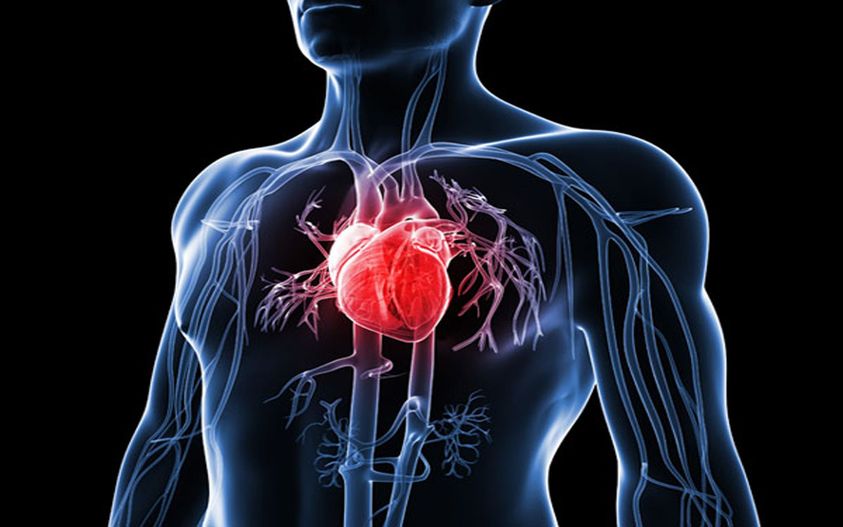
You’re not alone if you have headaches, vertigo, trouble walking, or a lack of balance as a result of vestibular problems. Daily tasks may become difficult for you as a result of these symptoms, leaving you weak and fatigued. However, excellent news is here. Certain dietary decisions can assist you in properly managing and relieving these symptoms in addition to medical therapies.
These meals safely and efficiently aid in the reversal of vestibular dysfunction symptoms.
Including specific veggies in your diet can be especially helpful in easing these bothersome symptoms. Let’s look at seven veggies that are not only healthy but also help to improve brain circulation and alleviate headache and vertigo symptoms.
1. The fungi
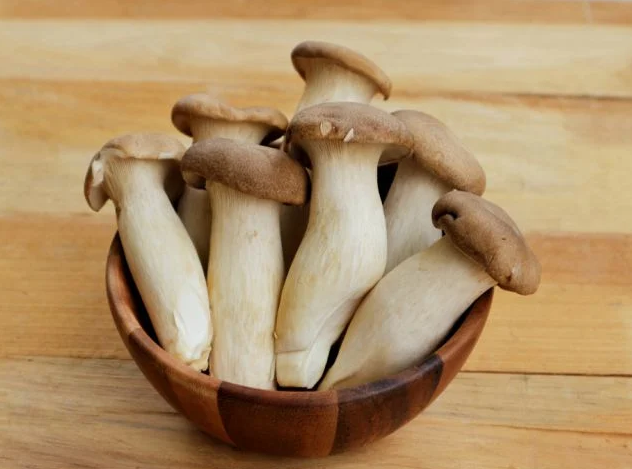
Because they are high in vitamins B2, B3, and B5, mushrooms are especially good for people who have vestibular issues. Frequent ingestion of these can help ease tension and stress. In addition, mushrooms contain choline, which has been shown to enhance memory and normalize sleep cycles. They also have fiber, potassium, and vitamin C, all of which can help control blood pressure, lower cholesterol, and stave off cardiovascular illnesses.
2. Tomato
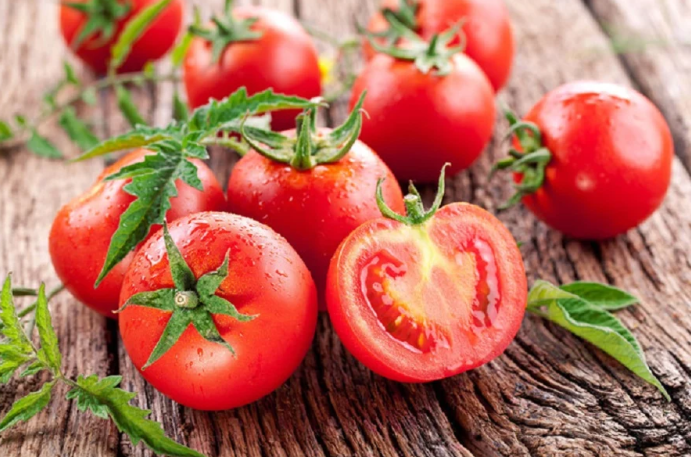
Vitamins A and C, which are necessary for improving vision and preventing diseases like macular degeneration and night blindness, are found in large amounts in tomatoes. They can help control blood pressure, reduce blood sugar, and benefit those who suffer from anemia.
3. Kale
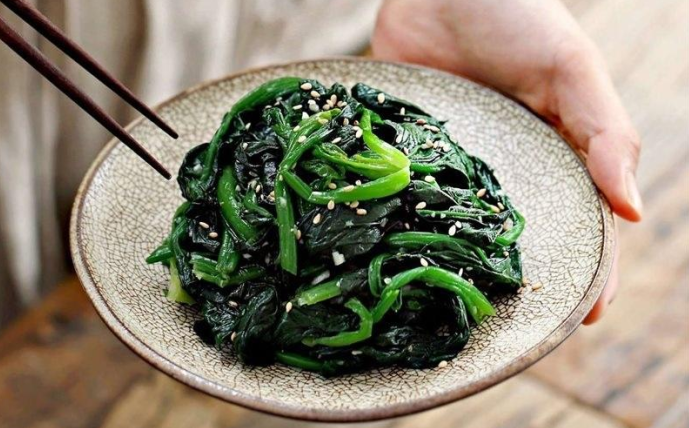
Magnesium, which is essential for the growth of muscles and the nervous system, is abundant in spinach. Both headaches and vertigo are lessened by it. In addition to being abundant in iron and vitamins A and C, this leafy green improves the body’s resistance. Rich in carotenoids, calcium, and vitamins E and K, it protects against oxidation and the harmful effects of free radicals.
4. Kale
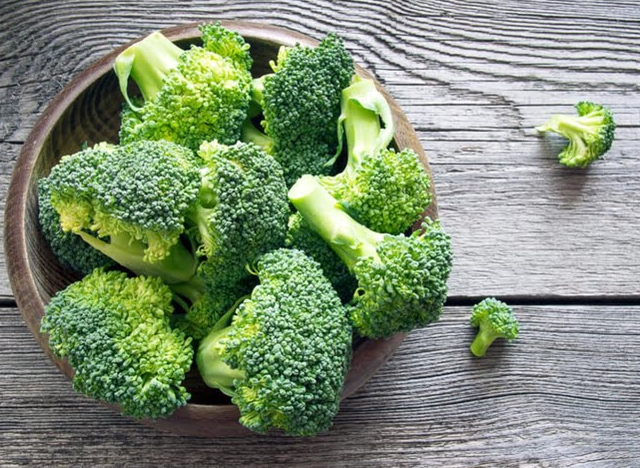
Broccoli is an excellent source of beta-carotene, vitamin K, and antioxidants. Vitamin K is particularly important for healthy blood circulation throughout the body. It raises blood pressure and lowers the risk of heart attacks and strokes.
5. Carrot

Vitamins A and C are especially abundant in potatoes. Due to its ability to lower stress, dilate blood vessels for improved brain function, and contain kukoamine, which helps to lessen balance problems and dizziness, they can benefit those with vestibular diseases.
6. Soy protein
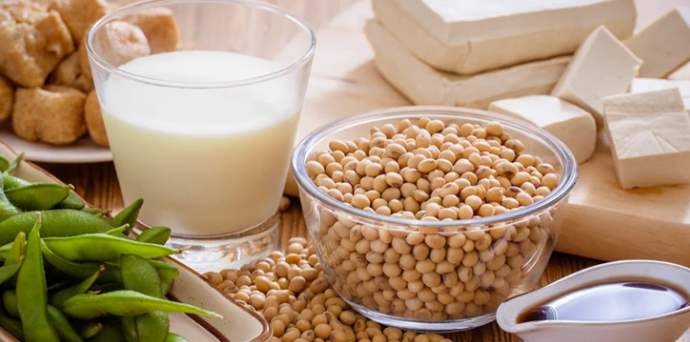
One of the main benefits of soybeans is their high vitamin K content, which helps prevent senile dementia and preserves nerves. Additionally, they contain omega-3 fatty acids, which lower the risk of cardiovascular disease and the symptoms of dizziness that are frequently connected to vestibular diseases.
7. Fruits with citrus

Vitamin C, which is abundant in citrus fruits, improves blood circulation, heart health, and immune system power. As a result, they can lessen vestibular disease symptoms like headaches and lightheadedness.
Steer clear of processed meats, chocolate, coffee, and alcohol-rich foods since they include compounds like phenylethylamine, tyramine, nitrate, and histamine that can aggravate vestibular disorders.
